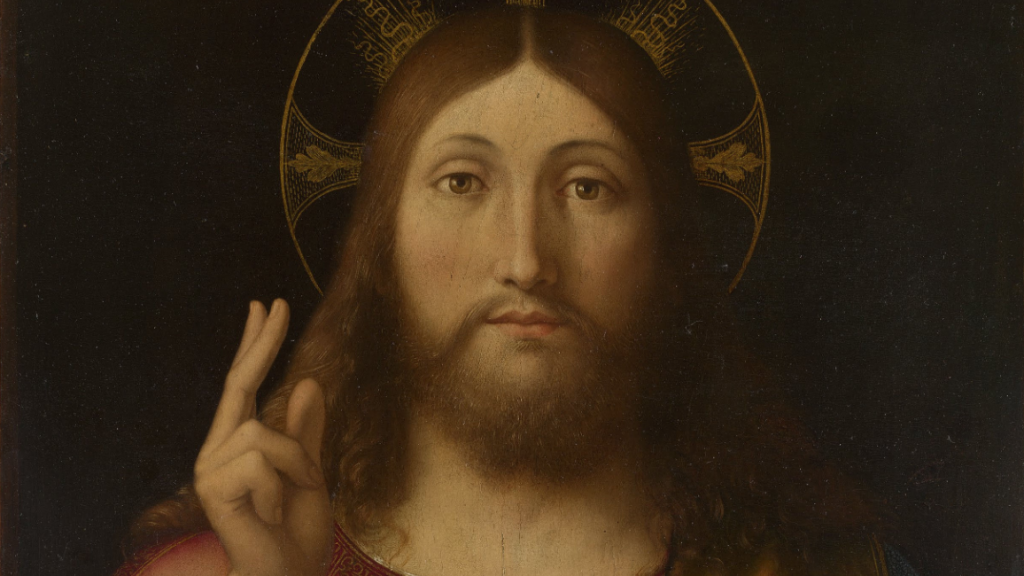Is. 63:16-17, 19; 64:2–7 / Ps. 80:2-3, 15-16, 18-19 / 1 Cor. 1:3-9 / Mk. 13:33-37
The new Church year begins with a plea for God’s visitation. “Oh that you would rend the heavens and come down,” the prophet Isaiah cries in Sunday’s First Reading. In Sunday’s Psalm, too, we hear the anguished voice of Israel, imploring God to look down from his heavenly throne to save and shepherd his people.
The readings this week are relatively brief. Their language and “message” are deceptively simple. But we should take note of the serious mood and penitential aspect of the liturgy today — as the people of Israel recognize their sinfulness, their failures to keep God’s covenant, their inability to save themselves.
And in this Advent season, we should see our own lives in the experience of Israel. As we examine our consciences, can’t we, too, find that we often harden our hearts, refuse his rule, wander from his ways and withhold our love from him?
God is faithful, Paul reminds us in the Epistle this week. He is our Father. He has hearkened to the cry of his children, coming down from heaven for Israel’s sake and for ours to redeem us from our exile from God, to restore us to his love.
In Jesus, we have seen the Father (see John 14:8-9). The Father has let his face shine upon us. He is the good shepherd (see John 10:11-15) come to guide us to the heavenly kingdom. No matter how far we have strayed, he will give us new life if we turn to him, if we call upon his holy name, if we pledge anew never again to withdraw from him.
As Paul says this week, he has given us every spiritual gift — especially the Eucharist and penance — to strengthen us as we await Christ’s final coming. He will keep us firm to the end — if we let him.
So, in this season of repentance, we should heed the warning — repeated three times by our Lord in the Gospel this week — to be watchful, for we know not the hour when the Lord of the house will return.

